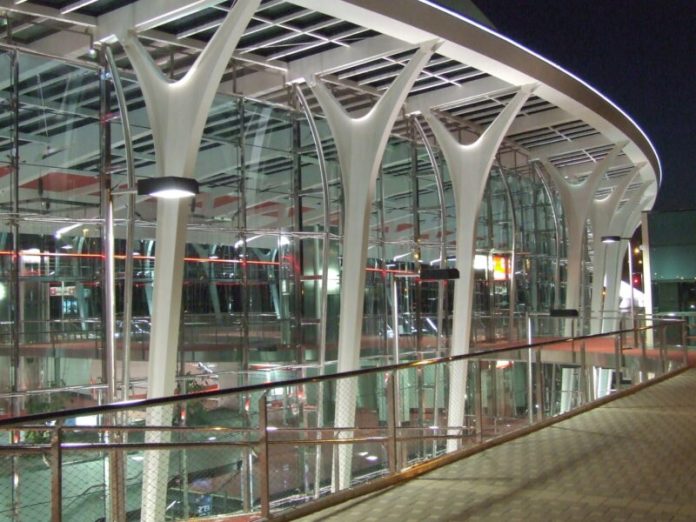The Prague City Council has decided to purchase 69 driverless trains, which will be put into operation on the local metro lines C and D (the latter still under construction).
Initially, Deputy Mayor Zdenek Hříb put forward the automation proposal with the argument that buying outdated, non-automated trains makes no sense nowadays.
Moreover, the current trains used in the Prague metro will be obsolete sometime in the next decade. New automated trains will be ready to serve routes from 2029. Nevertheless, as with any innovation, there are concerns and critical opinions.
On the one hand, there is the issue of cost. According to rough estimates, the cost of the trains, as well as the cost of maintaining them until the 2060s, will be around 86 billion Czech crowns (about 3.45 billion euros).
According to Czech Daily, councillor Ondřej Prokop of the ANO party has expressed fears that Prague will be paying billions of crowns from the city budget over the next eight election terms, which he considers an unprecedented move.
Furthermore, the introduction of driverless technology into transport, where people’s safety is at stake, is always a source of trepidation and concern.
In response, Martin Sedeke, head of the transport committee, said that machines usually make fewer mistakes than humans. He emphasised that fears about the introduction of robots are unfounded.
Thus, the goal of automation is to make the Prague metro safer and more efficient, not less, and to put the city on par with other cities that have already taken this step, such as Paris.
